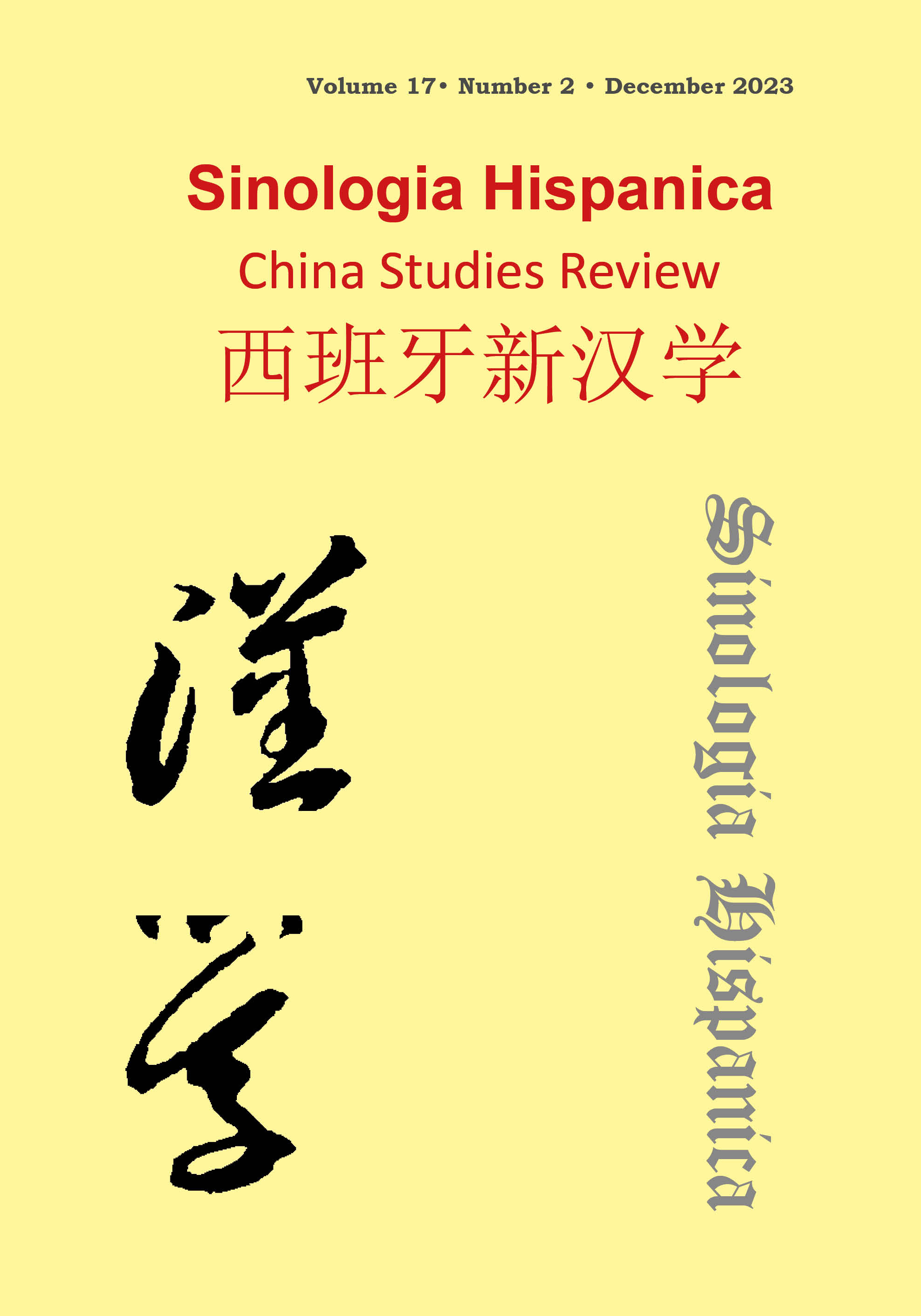Research Status and Current Problems of Corpus Linguistics in China
DOI:
https://doi.org/10.18002/sin.v17i2.8236Keywords:
Corpus linguistics; Chinese corpora construction; research status; discipline development.Abstract
After more than 40 years of development, China has made significant achievements in corpus-based research, while problems still remain: corpus-based studies of linguistic phenomena are not thorough enough, practice and research have not yet been bridged, and while the English corpus has made significant progress, the multilingual one lag far behind. It has become urgent to accelerate the construction of corpora in China to keep pace with international corpora. With the development of linguistics research on Chinese corpus and corpus construction in China as the research object, this study has adopted both diachronic and synchronic research methods, combing the history and current studies in corpus linguistics in China systematically. The paper is designed to summarize the current bottlenecks and problems of Chinese corpus construction with academic consensus, and to comprehensively and objectively analyze the problems in Chinese corpus linguistics research and the difficulties in solving these problems. Hopefully, it could draw the attention of academic circles in China and abroad, provide international experience in advanced corpus construction, solve the problems restricting the development of Chinese corpus, and promote corpus linguistics research and corpus construction in China.
Downloads
Métricas alternativas

Downloads
Published
Versions
- 2024-03-11 (5)
- 2024-03-06 (4)
- 2024-03-06 (3)
- 2024-02-15 (2)
- 2023-12-28 (1)
How to Cite
Issue
Section
License

This work is licensed under a Creative Commons Attribution-NonCommercial-ShareAlike 4.0 International License.
Sinología Hispánica. China Studies Review considers all manuscripts on the strict condition that:
- The authors assign the exploitation rights (reproduction, distribution, public communication and transformation) of the work accepted for publication to the University of León on a non-exclusive basis. Authors can establish, on their own, additional agreements for the non-exclusive distribution of the version of the work published in the journal (for example, placing it in an institutional repository or publishing it in a book), always acknowledging the initial publication. in this magazine.
- The manuscript is your own original work and does not duplicate any other previously published work, including your own previously published work.
- The manuscript is not currently under consideration or peer review, nor accepted for publication, nor in press, nor published elsewhere.
- The manuscript contains nothing that is abusive, defamatory, libellous, obscene, fraudulent, or illegal.
- Please note that Sinologia Hispanica uses Turnitin software to screen manuscripts for unoriginal material. By submitting your manuscript to Sinologia Hispanica you are agreeing to any necessary originality checks your manuscript may have to undergo during the peer-review and production processes. Any author who fails to adhere to the above conditions will be rejected.
- Authors are allowed and encouraged to electronically disseminate the pre-printed versions (version before being evaluated) and / or post-printing (version evaluated and accepted for publication) of their works before publication, since it favors their circulation and dissemination more early and with it, a possible increase in its citation and reach among the academic community.
Sinologia Hispanica is under an international license Creative Commons Attribution-Noncommercial-Share Alike 4.0. You can read more about this license in an informative version and legal text.









